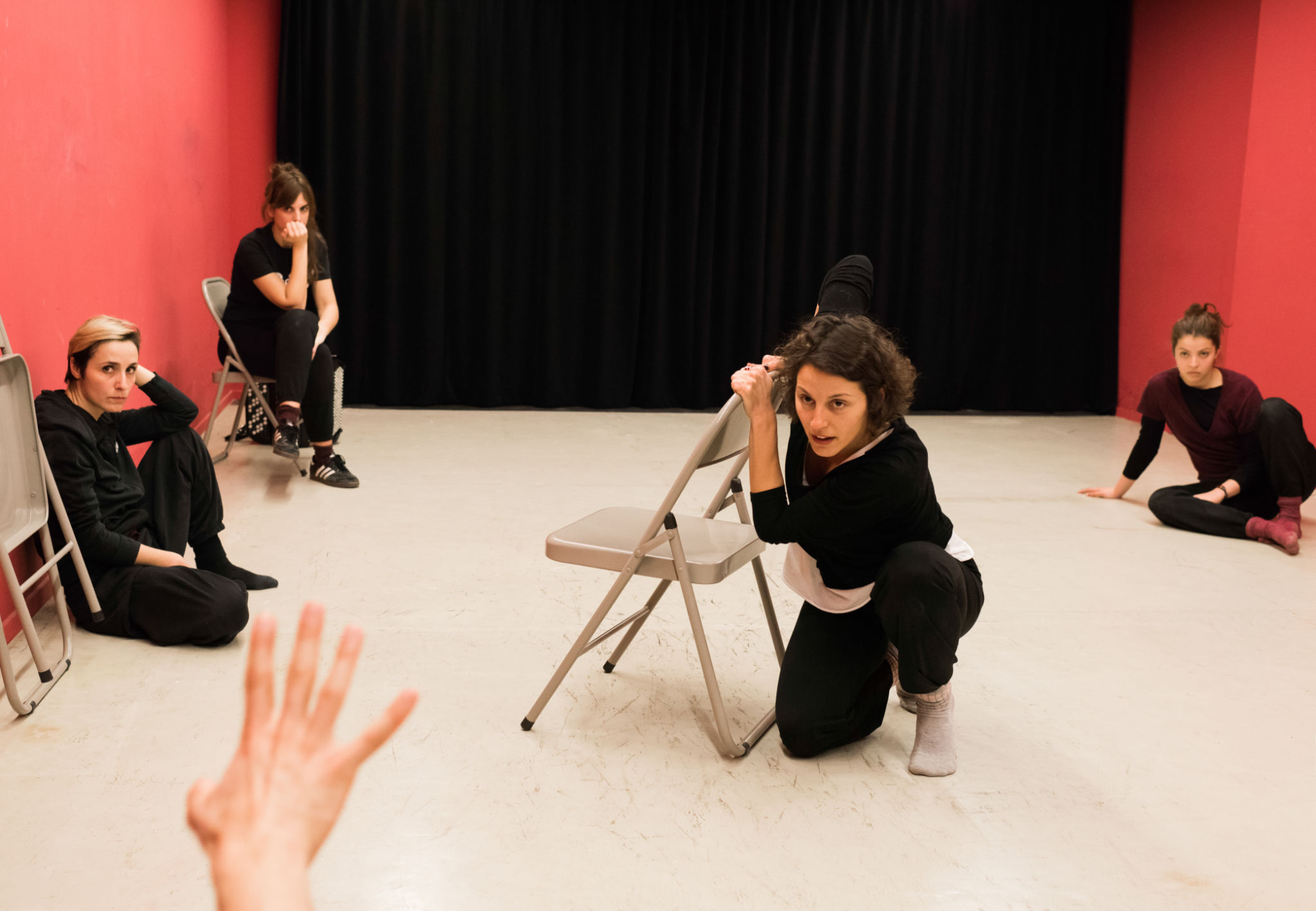Hypnotherapy vs. Other Stress Relief Methods: What Works Best?
Understanding Hypnotherapy as a Stress Relief Method
Hypnotherapy has gained popularity as an alternative method for stress relief, offering a unique approach compared to traditional techniques. It involves guided relaxation, intense concentration, and focused attention to achieve a heightened state of awareness, often called a trance. During this state, individuals may be more open to suggestions, enabling them to alter behaviors and perceptions contributing to stress.

Comparing Hypnotherapy with Meditation
Meditation is another popular method for stress relief, which involves training the mind to focus and redirect thoughts. While both hypnotherapy and meditation aim to promote relaxation and mindfulness, they differ in their approaches. Hypnotherapy is typically facilitated by a trained professional, whereas meditation can be practiced independently. For individuals seeking guidance and structured sessions, hypnotherapy might offer a more tailored experience.
The Role of Guided Imagery
Guided imagery is often used in both hypnotherapy and meditation, involving visualization techniques to promote mental calmness. In hypnotherapy, guided imagery is combined with verbal suggestions to reinforce positive changes. This makes it a powerful tool for individuals who find visualizing scenarios helpful in reducing stress levels.

Exploring Cognitive Behavioral Therapy (CBT)
Cognitive Behavioral Therapy (CBT) is another widely recognized method for managing stress, focusing on changing negative thought patterns and behaviors. Unlike hypnotherapy, CBT requires active participation and conscious effort from the individual to identify and alter these patterns. While hypnotherapy can tap into the subconscious mind to instigate change, CBT provides practical tools and strategies for conscious behavior modification.
Benefits of Hypnotherapy Over CBT
One potential advantage of hypnotherapy over CBT is its ability to access deeper levels of consciousness. This can be particularly beneficial for individuals who struggle with deeply rooted stress triggers or those who find traditional talk therapy challenging. However, the efficacy of hypnotherapy largely depends on the individual's openness to the process.

Yoga: A Physical Approach to Stress Relief
Yoga combines physical postures, breathing exercises, and meditation or relaxation to promote overall well-being. Unlike hypnotherapy, yoga emphasizes the connection between mind and body through movement and breath control. This physical approach can be highly effective for those who prefer active participation in their stress relief routine.
Hypnotherapy vs. Yoga: Which is More Effective?
The effectiveness of hypnotherapy versus yoga largely depends on personal preferences and specific stress factors. Some individuals may find the passive nature of hypnotherapy sessions more relaxing, while others might prefer the active engagement offered by yoga practices. Ultimately, both methods can complement each other when integrated into a holistic stress management plan.

Conclusion: Finding What Works Best for You
Choosing between hypnotherapy and other stress relief methods such as meditation, CBT, or yoga should be based on personal preferences, lifestyle, and specific needs. Each method offers unique benefits and can be effective in different ways. It's essential to explore various options and consult with professionals if needed to determine the most suitable approach for managing stress effectively.
